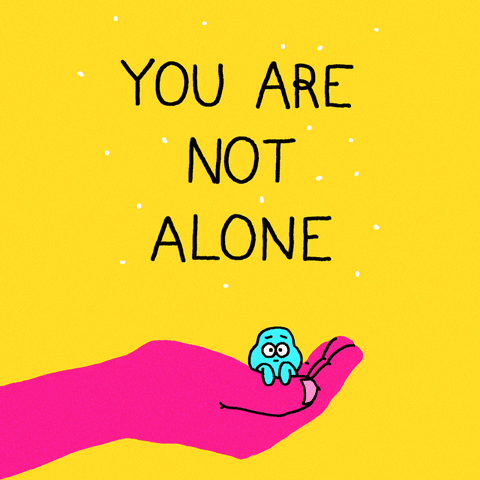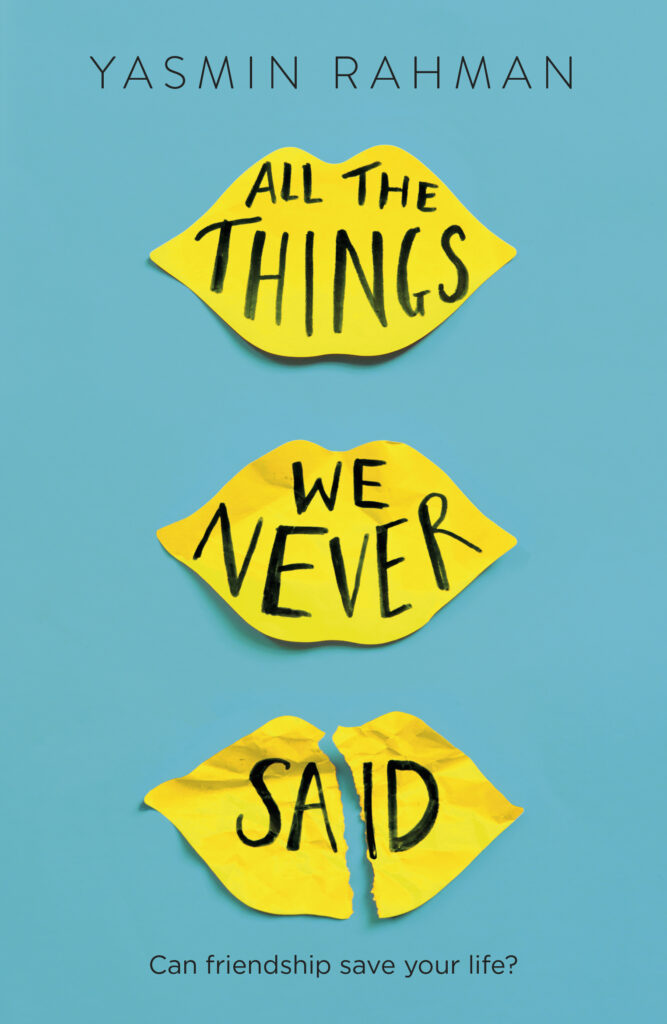Yasmin Rahman on mental health and social media
"People can, and will, go on about how social media is ruining everything. But I’m here to tell you it’s not. It’s a saviour to many."
There are an abundance of articles about how social media negatively affects teenagers’ mental health – the constant comparisons, seeing everyone’s picture-perfect posts and wondering why your life isn’t as glamorous, etc. And of course, there’s some truth to this – actual studies show a decline in self-esteem etc. But there’s also proof of the opposite, that social media is positively affecting people’s mental health. I am that proof.
View this post on Instagram
I was a teenager dealing with depression and anxiety when the internet came into full force. It was new and exciting and very, very, very slow. I remember racing home from school every day to come and sit on the computer and talk to the same people I’d just spent seven hours with. Slowly I delved into the world of fandom. I found an online community dedicated to a singer I was obsessed with, and through that community, struck up some deep friendships with people who lived in countries I’d never been to, and cities I’d never even heard of. None of these people knew me IRL, but in some ways, they knew me more than anyone in my real life. As an introvert with social anxiety, I found I could never open up to anyone. But it’s different with the internet – you can be anyone you want to be. And sure, that’s scary, but it’s also freeing. The online world was the only place I felt I could truly be myself – I could say anything about myself and it was okay if these strangers thought it was weird because I didn’t have to face them. But, as it turned out, they didn’t think it was weird, or that I was weird. Instead, they understood. They told me they felt the same. They knew exactly what I was going through. Having spent so long thinking I was abnormal for feeling like this, it was such a relief to find that wasn’t the case at all.

It was via the internet that I found out what depression actually was (after Googling “why am I sad all the time?”). It was an online friend who first pushed me to look for a counsellor (I didn’t manage to do this until a decade later). It was, and still is, through social media that I manage to find the people most like me, the ones to whom I can spill my feelings, and get a return message of “I know EXACTLY what you’re feeling”.
And as weird as it sounds, that connection, that knowledge that I’m not alone helps. It helps a lot. In my novel ‘All The Things We Never Said’, three girls meet via a website to form a suicide pact. These girls are desperate, suffering, and feel completely alone. It’s only when they start talking to each other about their feelings and problems that they realise they’re not alone, that there are people who care for them, there are people who understand. And that changes everything for them. It’s not a cure, obviously, not a magic complete fix, but it helps. And surely anything that helps, even a little, is so worth it.
People can, and will, go on about how social media is ruining everything. But I’m here to tell you it’s not. It’s a saviour to many. And so naturally this should be reflected in literature. When I was studying Creative Writing, a tutor once told me to never include social media in novels because it will date the book, but it seems unrealistic to not include it, considering how large a part of teen life it is. And surely, rather than going the conventional route of SOCIAL MEDIA IS BAD! (as most media outlets want us to believe), we should be trying to take something that readers are going to do regardless and shine a positive light on it.
Now, I’m obviously not advocating for people to follow the path of the protagonists in my novel, and join a scary website, but I do think that using social media to reach out, to connect, to find your way through the dark times, is an excellent idea. Try searching the hashtag #HowIFightDepression or #AnxietyFeelsLike on Twitter, to find others who are being open with their feelings, their stories. I remember scrolling through these tags and becoming overwhelmed at the notion that other people felt the same, that it wasn’t just me. That’s why I write about mental health in my books – I want readers to know they’re not alone, that they’re not abnormal, that they can get through this. And it doesn’t make you weak, or a burden, to need other people to help you.
If you’d like to talk to someone trained to help with mental health issues – please consider reaching out to the following organisations
www.samaritans.org(or call 116 123)

All The Things We Never Said by Yasmin Rahman (Hot Key Books, £7.99) is out now in the UK and the US.


